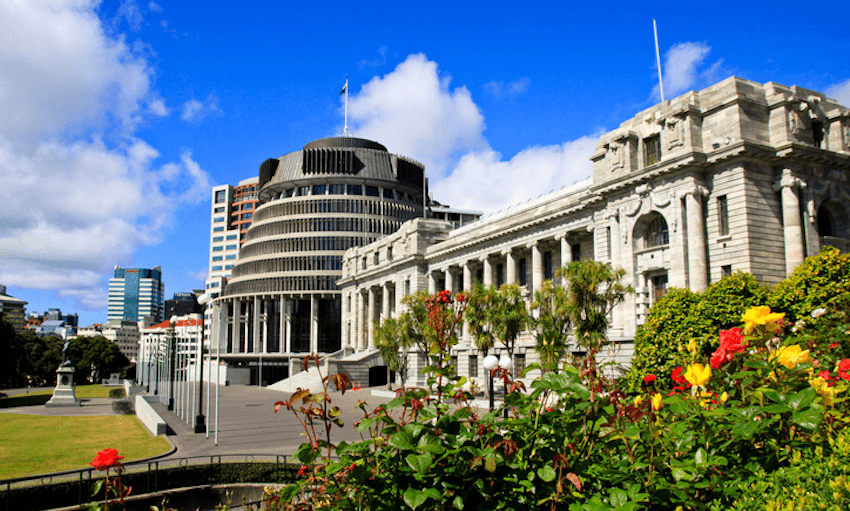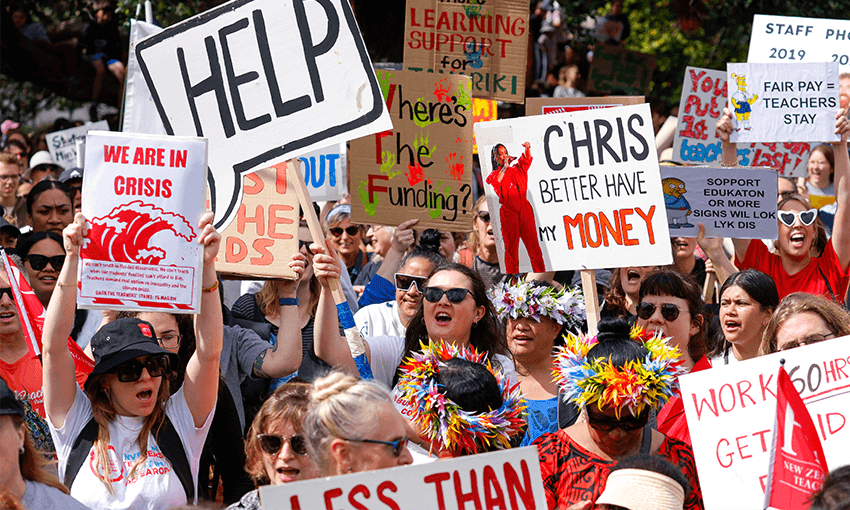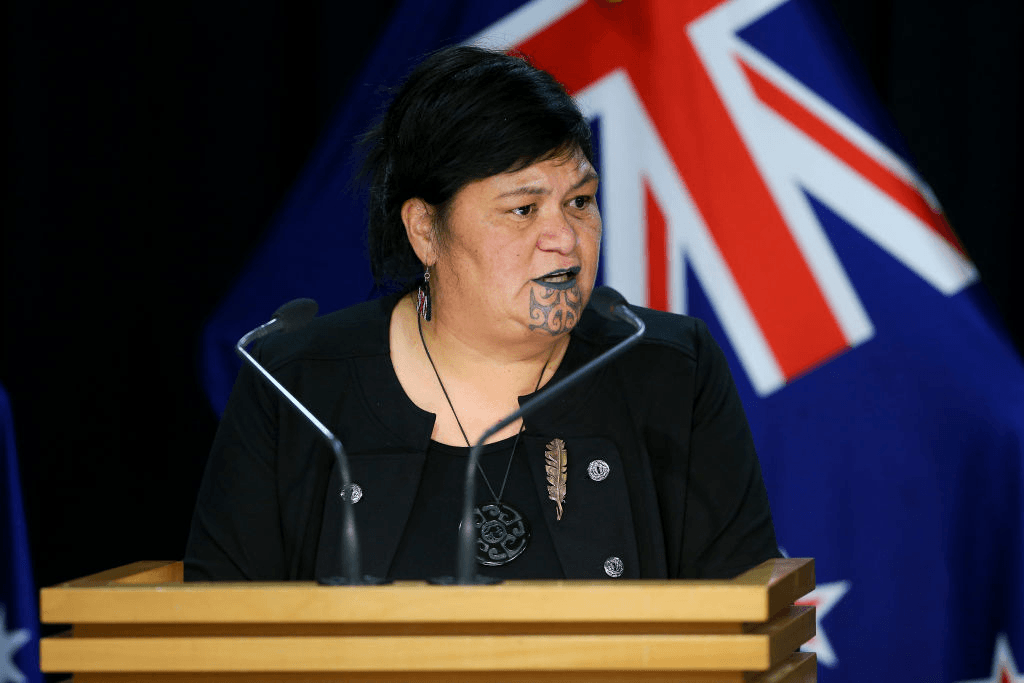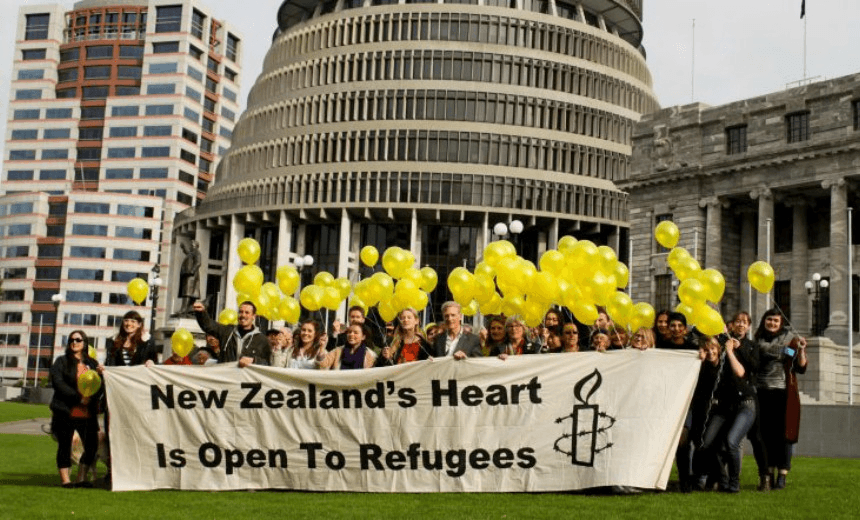One of 2023’s biggest musical comeback stories is making its way to New Zealand. Dubstep pioneer Skrillex has been confirmed as the headliner for Auckland’s Listen In music festival, and he’s bringing a swag bag of big name friends with him, including Lil Uzi Vert, Ice Spice, Four Tet and JPEGMAFIA.
Also on the bill for the October 1 festival, being held at Go Media Stadium Mt Smart, is hip-hop superproducer Metro Boomin, unhinged choose-your-own-adventure DJ Mark Rebillet, and rising Boston rapper Coi Leray. More acts are promised to be announced in the months leading up to the festival. The full line-up is listed in the official poster:
Skrillex – real name Sonny Moore – is undergoing a reinvention of sorts after five years away. In February he released two albums and began hosting extended DJ parties with Four Tet and Fred Again, with the trio stepping to replace Frank Ocean on the closing Sunday night of Coachella’s second weekend in April. The loud, harsh and triumphant set received almost universal praise.
Other Coachella stand outs will also be making the trip, with Marc Rebillet making headlines for stripping, getting lost in the crowd and trashing his Palm Springs stage while making up all lyrics and music on the spot, and Metro Boomin bringing out high profile guests Future and The Weeknd.
Rappers Lil Uzi Vert, JPEGMAFIA, Coi Leray and Ice Spice, with her inescapable hit ‘In Ha Mood,’ are also likely to be major drawcards. Organisers promise a new layout and extended festival hours of 2-10pm. Tickets go on sale from midday this Thursday.










